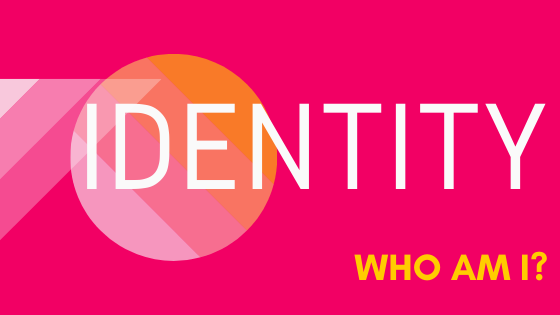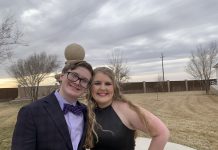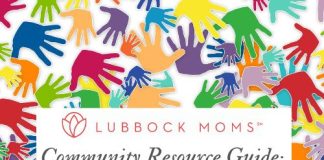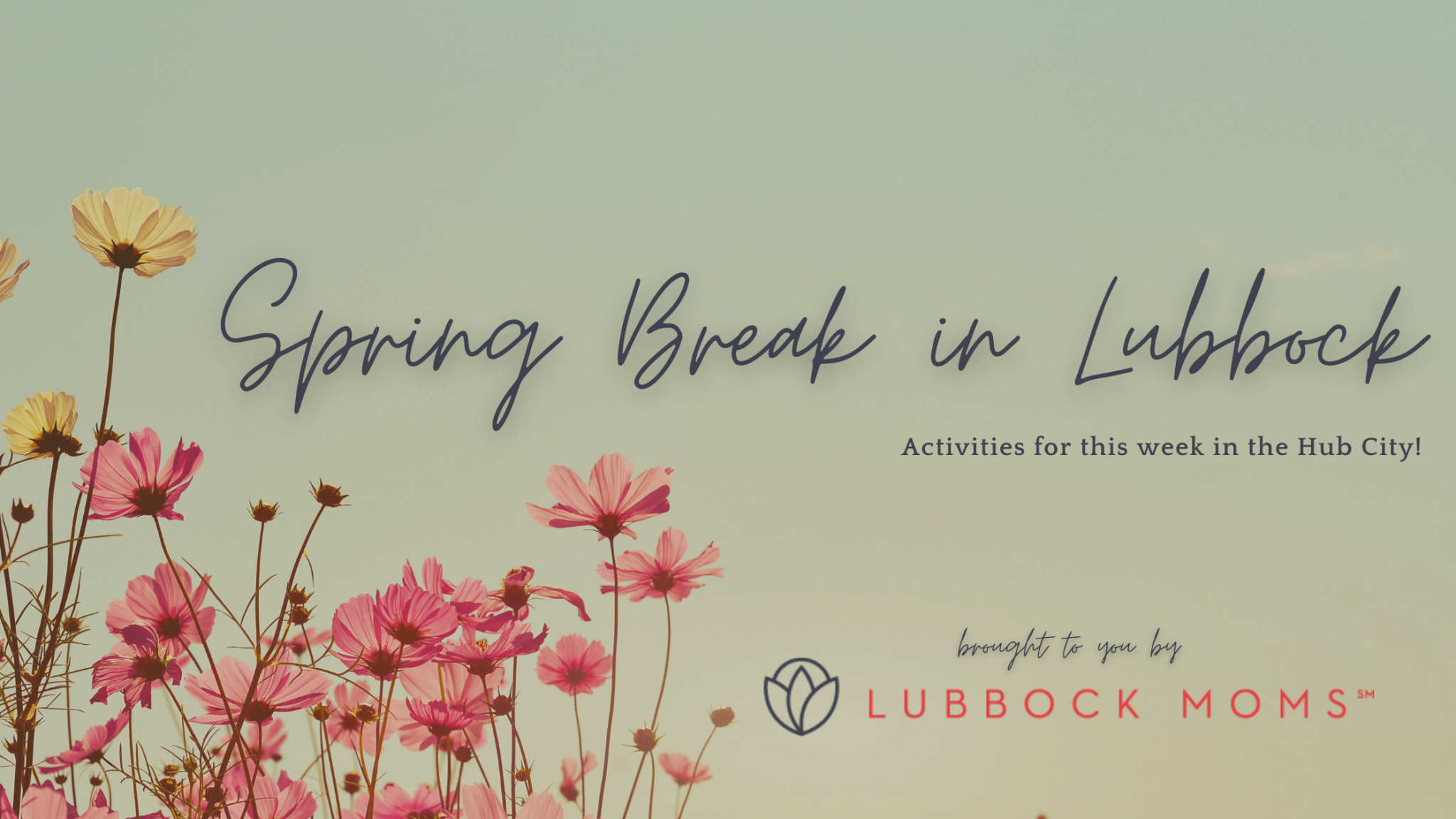
When you hear the word ‘identity,’ there is much that comes to mind. With my experience as a psychology major, a counselor by nature, and working with countless individuals as a pastor, I have concluded that everyone is searching to answer the question, “Who am I?”
That’s a vast question to take on and not something that we want to take lightly. We desire to be different, to have a purpose, to matter, to be liked by others – but I believe our biggest desire is to be fully known and LOVED for who we are. For that to happen, we have to be able to answer, “Who am I….really?”
I have discovered in my own life that the degree to which I am myself is the degree to which I can experience love and acceptance. If I show up pretending to be who you want me to be and you LOVE IT, the harsh reality is I won’t feel that love because I know you’re loving who you want me to be, NOT the real me. That’s conditional.
I say that it’s possible to fully and confidently answer that question, and we can help our kids do the same. I only hope and pray that they get it long before I did. We must teach our kids who they are so they can feel loved and accepted.
So how do we raise kids with ‘identity?’ How do we help break the cycle of insecurities that we still deal with as adults? How do we take on raising confident kids that don’t waiver in who they are and how that plays out in their life?
I’m sure there are many ways, but there are four basic things that have helped me steward who my children are:
1. Identity comes from God
When you walk into an art museum and see all of these beautifully crafted portraits, the only way to know it’s true worth is to ask the one who made it. I may think it’s worth $50, but the artist may say it’s $1,000. The only way to know the real worth and identity of any individual is the same. It’s to ask, “God, how do you see them?” This can be a challenging question because it makes us decide if we are going to follow suit or keep lofty ideas of who we think a person is.
Side note ** This is not just for your kids but also you. I have found it to be true that you can’t give away what you don’t have. So the more difficult thing to hear right now is that it begins with you. Thought patterns, beliefs, ways of life for you are what become the norm for your children. Maybe you’ve never asked God to show you how He sees you – well, there’s no shame in that! Today is your day. I can promise you – He has nothing but good things to say. If it’s condemning, shameful, or hard on the ears – you’re hearing the wrong voice or having the wrong thought. His thoughts towards you are kind, forgiving, loving, and comforting.
Before both of my kids were born, my husband and I bought journals, and we asked God to show us who they were. For my daughter, He told us she would be a worshipper. She would be full of joy. She would be creative and love to dance and draw. She would be a voice of reason and kindness.
It’s crazy because as she is about to turn three next week, this is precisely who she is. What’s even cooler is knowing who she was ahead of time allowed us to foster that in her life. It allowed us to hone in on her gifts, callings, and identity as not just our daughter, but His daughter. We bought her paint, little pianos, a microphone, and anything else that we thought would help her live out how God made her and not who we wanted her to be. Not who we thought she should be. Not what we hoped she would be, but actually who she was.
We did the same thing with our son. His word was a different word, as it should be.
Everyone is unique in their way, and not one person is the same.
Not only were we able to start helping them discover who they were, but we were always able to remind them of such things, which brings me to the next point.
2. Calling out the gold
As parents, we are the gold diggers. When you think of finding gold, you know you have to dig through piles and piles of dirt before you may find the smallest little nugget. That is just like our responsibility to find the nugget and bring attention to that in our children. It doesn’t take a genius to see all the dirt in someone’s life, behavior, attitudes, or actions. It takes work to call out the good in a person despite the mud they are covered in.
We live in a society where identity is tied to what we do, how we perform, the things we possess, and our false ideas of success. We have fallen into the trap of believing the lie that “we are what we do” when the reality is “we become what we believe about ourselves.” Actions in our life are a by-product of the beliefs in our hearts.
Here are a couple of examples of what this looks like in our family:
My daughter is playing with a toy, and my son tries to take it from her. She pushes him and hits him.
Instead of me saying, “Maebri, you’re mean – Don’t hit your brother!”
I say, “Maebri, you’re a kind girl, and hitting is not kind.”
Those statements are very contrary but still get the same message across.
You ask, “What’s the difference?”
The first statement is attaching identity to her behavior and not who she is. The second statement calls out the gold in her and states that the action is not kind. Instead of saying she’s not kind – I tell her the action is not kind.
Simple language, but a big difference.
3. Put off and put on
The whole idea of “put off and put on” comes from the belief that you can’t just remove the bad without replacing it with the good. Again, because we are a performance-driven culture, we LOVE more than anything to stop the bad behavior and put an end to everything less than desirable. That’s great – but I always try to challenge myself one step further and ask if that’s bad, what’s the redeemed version?
This practice became real for me when my daughter was 18 months old, and both of my kids started to hit. I wasn’t sure where she got this hitting idea from, but I needed some way to lead her in another direction.
My initial reaction was to swat her little hand and tell her, “We don’t hit!” But as soon as I did that, the thought crossed my head, “I am doing the very thing I am trying to get her to quit doing. This isn’t going to work.”
I then just asked God, “What do I do?”
Immediately the thought came to me, don’t focus on what NOT to do focus on what TO DO.
So I then began to tell my daughter, “Our hands are not for hitting. They are for clapping, playing, and praising the Lord.”
Every time she would hit. I would repeat it over and over and over again.
It quickly got to the point where I would ask her, “Maebri, what are your hands for?” She would then repeat the three actions I gave her.
It worked like magic! I wish I could say it was my idea, but it was God’s.
This was a massive lesson for me, though. I am also very quick to tell people what NOT to do, but not as significant with suggesting something to do that lines up with who they are. I think that if we only focus on who our kids are NOT, we will never speak into or show them who they are, which to me, is more important. If we are continually telling them who they aren’t, they aren’t aware of who they are.
4. Being aware of what you’re communicating
This one is so huge to me, and I think it’s because it has affected me so much. I have also done an immense amount of identity restoration and inner healing with all kinds of people. The one thing that I encounter with every person I walk through identity healing with is it all began with one action, statement, a situation that occurred in childhood.
They could be 60 years old and plagued with a lie that they aren’t good enough, and it could all be rooted in a moment when they were four years old trying to learn to play soccer, and they felt shame because of what their coach told them. TRUST ME. It sounds crazy, but that’s the influence we can carry in someone’s life, especially our children.
That doesn’t mean we have to take on the burden of perfection, but it should help us be more aware of what we are communicating to our children both in words and in action.
You could probably look back on your life and see things that have been said about you or “labels” that people put on you have come to pass, or you struggle with feeling that way, whether that be a burden, not good enough, fear of failing, etc. I know I can.
I have mentioned this before, but our actions are a product of our beliefs. What happens when we believe a lie, is that our actions live that lie out to prove it to be true over and over again.
It is also essential to know that everyone’s truth is built upon perception. I could do the dishes to serve you and make you feel loved, but you could perceive my actions to mean that I didn’t think you were capable enough to do the dishes well. People don’t believe lies on purpose. Lies sneak in through our words/actions or other’s words/actions, and when we entertain them, they are invited and allowed to stay.
The easiest way that I have been able to be aware of what I am speaking is this little exercise that I invite you to do with me.
Close your eyes and imagine if everything you spoke was created in physical form. Imagine if everything you spoke came to pass.
I’ve heard it said before, “Our words create worlds.”
Our words carry so much power, and the truth is that what we speak does bring the ability to create.
So when you tell you’re a child that they are annoying (even though they may be), you are speaking those things over your children and planting those seeds.
However, when you remind them who they are in the midst of their “dirt” moments – you’re speaking into existence what’s positive and genuine.
This is a hard task, and in my own life, it also means a lot of “I’m Sorry” conversations with my kid because it’s essential to handle it correctly even when you don’t think it was that big of a deal to them. We give ourselves grace, do our best, make-up when we miss it, and do things that are “not us” and move on.
It’s also tricky because we have reduced the truth to be what’s currently happening, versus what God says, and equated identity to behavior.
Identity is our DNA – who someone is whether they are living it out or not. It’s WHO THEY ARE, according to the One that made them.
My biggest goal as a mother is to steward that in my children. To raise children who know who they are because they were always reminded and always brought back to that place. Our behavior is not meant to reduce our identity – it is intended to be pushed and encouraged to match our identity.










